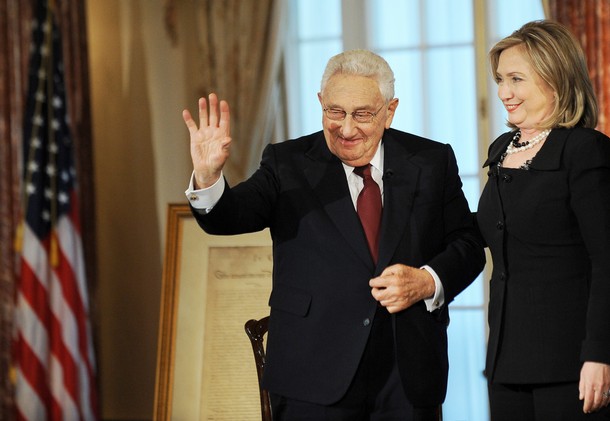The release Thursday of the 5,544-page text of the Trans-Pacific Partnership—a trade and investment agreement involving 12 countries comprising nearly 40 percent of global output—confirms what even its most apocalyptic critics feared.
“The TPP, along with the WTO [World Trade Organization] and NAFTA [North American Free Trade Agreement], is the most brazen corporate power grab in American history,” Ralph Nader told me when I reached him by phone in Washington, D.C. “It allows corporations to bypass our three branches of government to impose enforceable sanctions by secret tribunals. These tribunals can declare our labor, consumer and environmental protections [to be] unlawful, non-tariff barriers subject to fines for noncompliance. The TPP establishes a transnational, autocratic system of enforceable governance in defiance of our domestic laws.”
The TPP is part of a triad of trade agreements that includes the Transatlantic Trade and Investment Partnership (TTIP) and the Trade in Services Agreement (TiSA). TiSA, by calling for the privatization of all public services, is a mortal threat to the viability of the U.S. Postal Service, public education and other government-run enterprises and utilities; together these operations make up 80 percent of the U.S. economy. The TTIP and TiSA are still in the negotiation phase. They will follow on the heels of the TPP and are likely to go before Congress in 2017.










